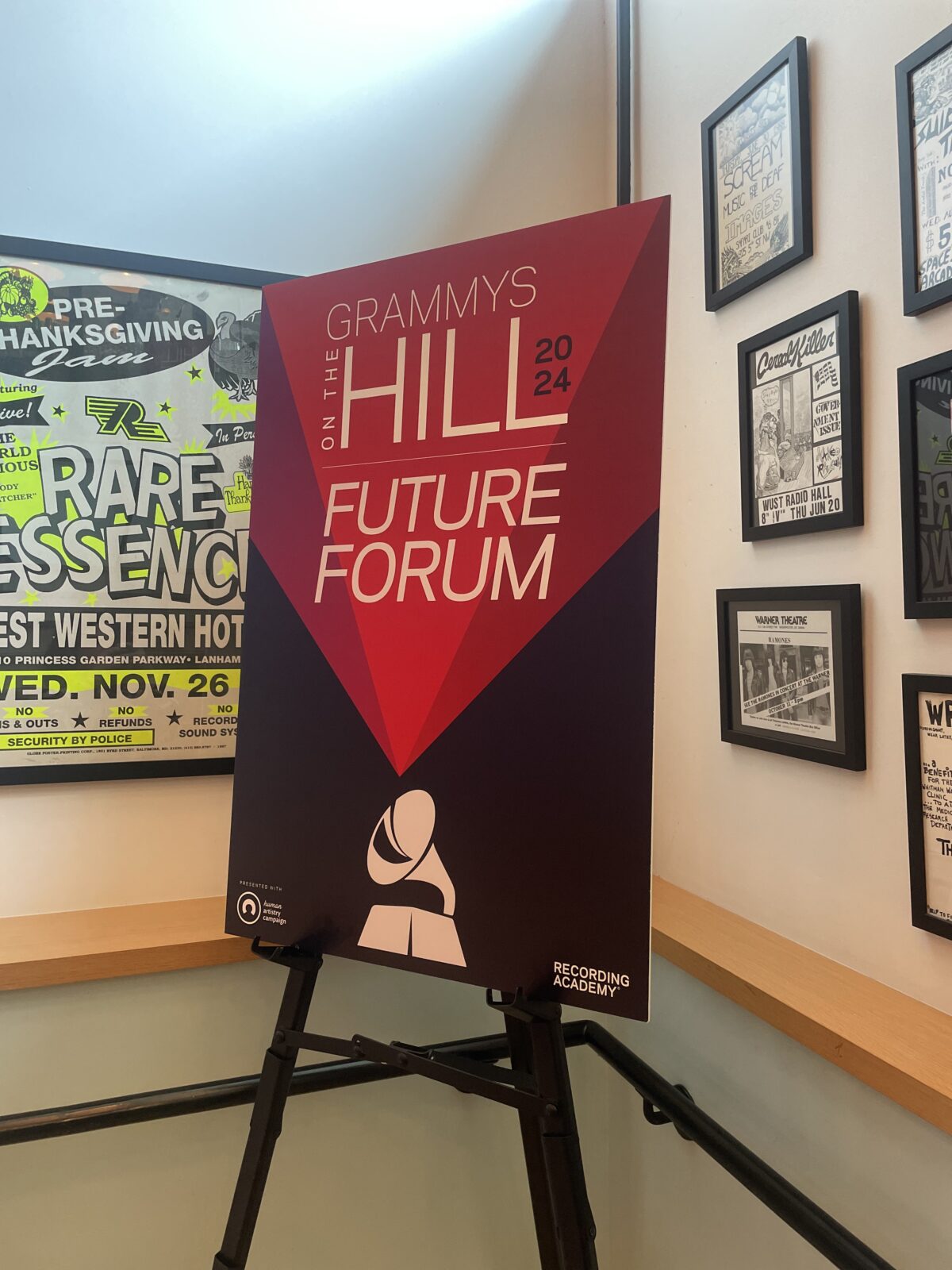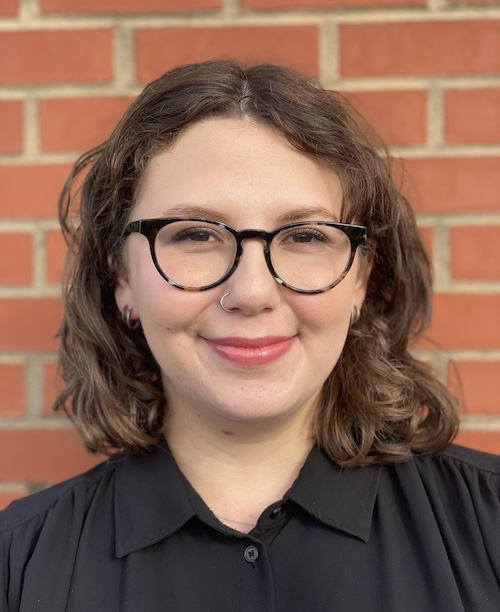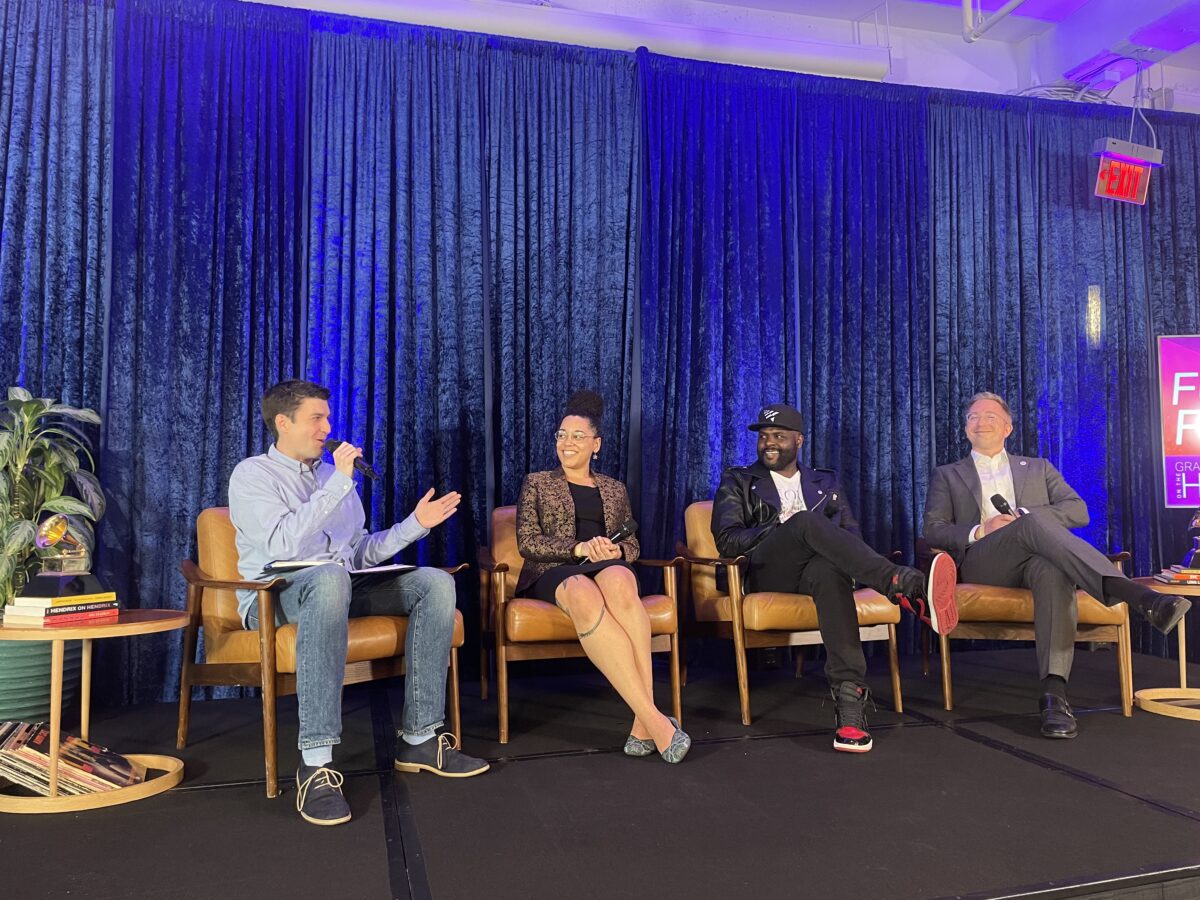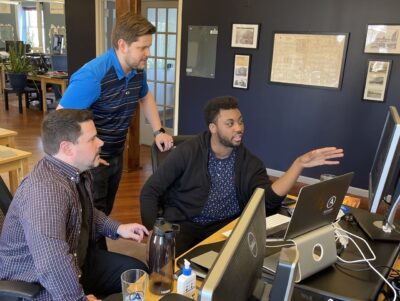No stranger to controversy nor the existential threat of tech-enabled change, the music industry is now wrestling with how the latest trends in generative artificial intelligence can both help and hurt its artists — and where the government can step in to mitigate further harm.
Several industry leaders discussed AI’s simultaneous promise and risk on Friday as part of the Recording Academy’s first-ever Grammys on the Hill Future Forum.
Hosted at the Eaton in downtown DC, the event closed out this year’s Grammys on the Hill event series. The 2024 festivities included an awards ceremony where the Recording Academy honored leaders in music and politics working toward more comprehensive protections for creators. This year, Sheryl Crow and Sens. John Cornyn (R-TX) and Amy Klobuchar (D-MN) were among those recognized.
There’s also an advocacy day, where Grammy winners and nominees meet with members of Congress and their staff to discuss legislation related to the music industry.
In tandem with these overall goals, Future Forum panelists discussed how technology has long been tied to the music industry. Dani Deahl, the head of communications creator insights for audio and music tool company BandLab, said she’s used different tech throughout her career. For instance, Deahl, a producer and DJ focusing on dance music, started out by making music in the popular digital audio workstation program Logic.
“The marriage of music and tech has always existed,” Deahl said. “It’s part of my artistic identity.”
AI for efficiency and inspiration
Kokayi Walker, a Grammy-nominated songwriter and artist, said he uses AI in his work for two reasons: inspiration and efficiency.
He specifically uses AI to help him get his imagination going and spark creativity. For example, he said he’s put in prompts to generative AI audio tools such as: “What does swimming underwater with TicTacs in your pocket sound like?”

The Recording Academy hosted the forum at the Eaton DC. (Kaela Roeder/Technical.ly)
BandLab also has a tool called SongStarter, which Deahl said generates royalty-free music to help artists find inspiration and “get into the flow state.” You can pick genres, enter lyrics, change the beats per minute and add vocals to create music.
“You’re not expecting a Taylor Swift chart-topping hit on the other end of this,” she said. “It’s really meant to be — here is something that I can work with. It takes you from nothing to at least having the lump of clay in front of you that you can work with.”
Deahl has also been using the AI voice tech tool Voice Swap, which can replicate people’s voices. The company currently has about 15 artists who each get paid when their likeness is used — not just when it’s released commercially. The model isn’t trained using copyrighted material either.
If Deahl has a specific idea when she’s mixing music for a set, which is largely instrumental with some vocals mixed in, she can record herself speaking or singing and completely change the tone of her voice. This saves her time by not having to sort through samples, and there’s no risk that someone else has used the sample she found, she said.
Deepfakes, harm and protective measures
The forum occurred as both Congressional houses consider a pair of bills aimed at AI-enabled deception. The No AI FRAUD Act and No FAKES Act would protect people’s rights to their likeness and voice against AI-generated fakes.
In March, Tennessee Gov. Bill Lee signed a first-of-its-kind bill into law that will protect musicians from AI misuse.
“Your voice matters. Whether your music, or through just a regular person who listens to music, enjoys music, your voice matters and your voice is yours,” said Michael Hendrix, the policy director at the Office of the Governor of Tennessee. “AI has enormous potential. We should be clear: Innovation should not kill your voice, should not steal your voice. It should drive opportunity and creativity.”
Deepfakes, or media in which a person’s likeness is digitally altered for often malicious purposes, have become increasingly more common in music. About a year ago, an AI-generated song with the voices of Drake and The Weeknd called “Heart on My Sleeve” garnered millions of views and streams.
This messes with autonomy, said Grammy-nominated singer and songwriter Juan Winans.
“You can no more separate my voice from my body than you can a reproductive organ,” Winans said. “I think we have to be human enough to know that this is the front door of music right now … but it’s coming to everyone’s front door.”
Join the conversation!
Find news, events, jobs and people who share your interests on Technical.ly's open community Slack






